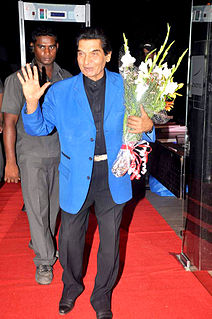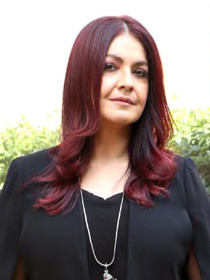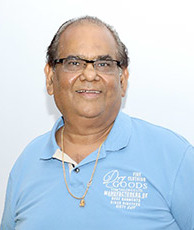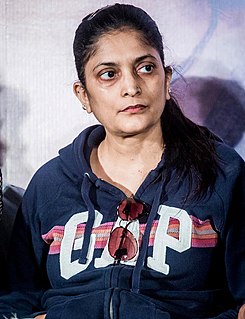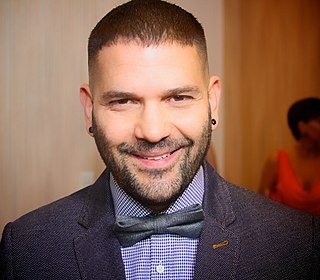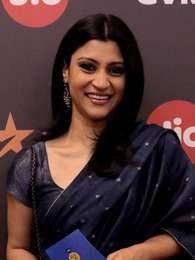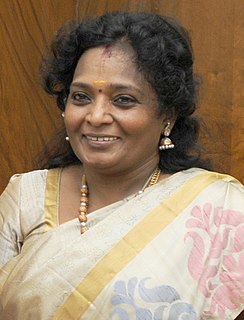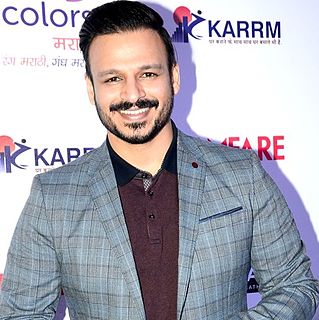A Quote by Rajiv Menon
When '36 Chowringhee Lane' was released in 1981, I was a student of the Film and Television Institute of Tamil Nadu. Everyone who had seen the film was very impressed with its flawless direction and acting. But we, cinematography students, were stunned by the visual style, which was truly international.
Related Quotes
I met Michael Snow and Stan Brakhage the second day after I arrived, you know. I had never seen or heard of Brakhage. For me, it was a revolution, because I was well educated in film, but American-style experimental film was known to me in the abstract, and I had seen practically nothing. I had seen a film then that Noël Burch had found and was distributing called Echoes of Silence. It was a beautiful film, three hours long. It goes forever and it was in black and white, very grainy, and I saw that film and I thought...it was not New Wave. It was really a new concept of cinema.

